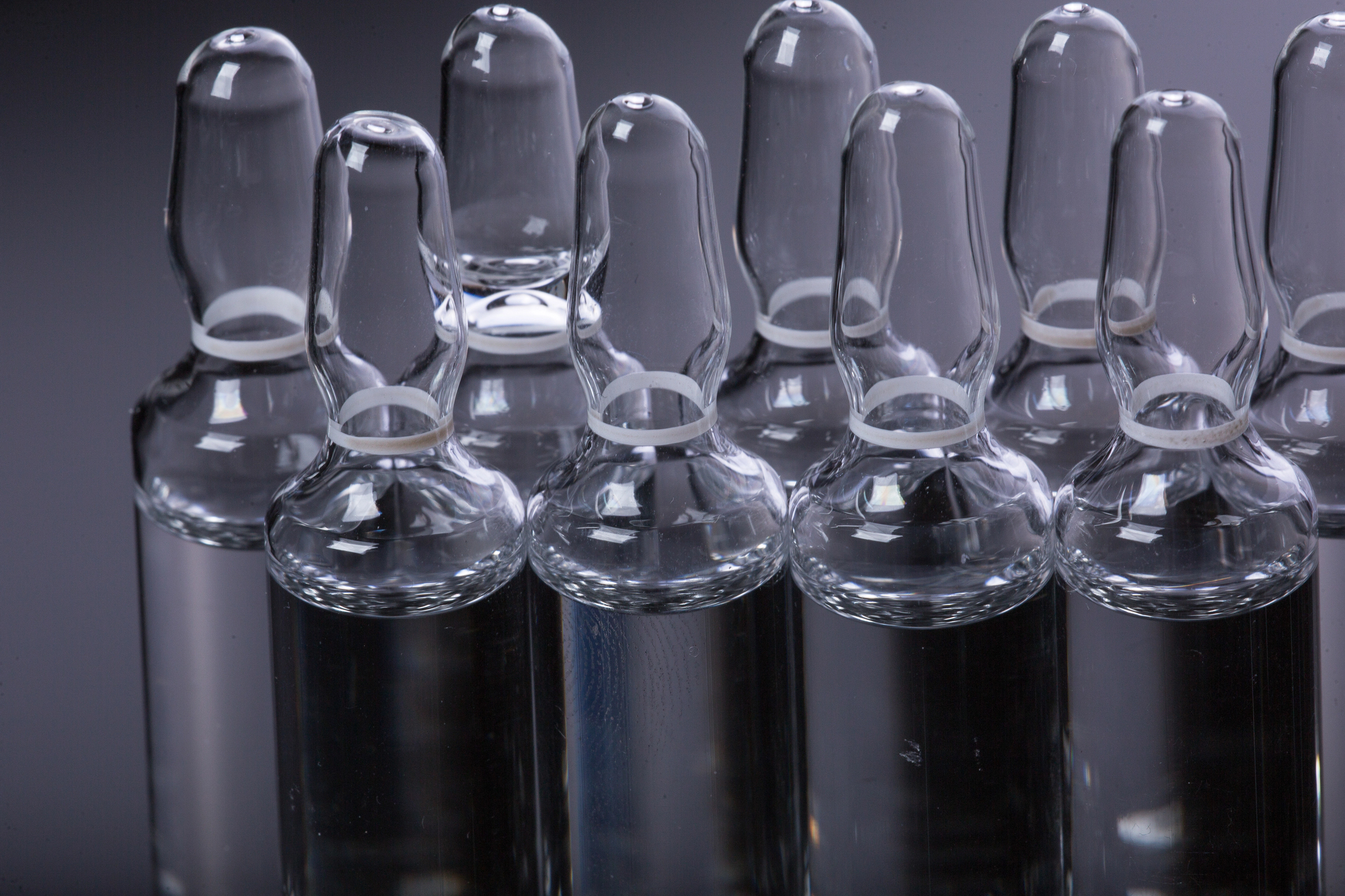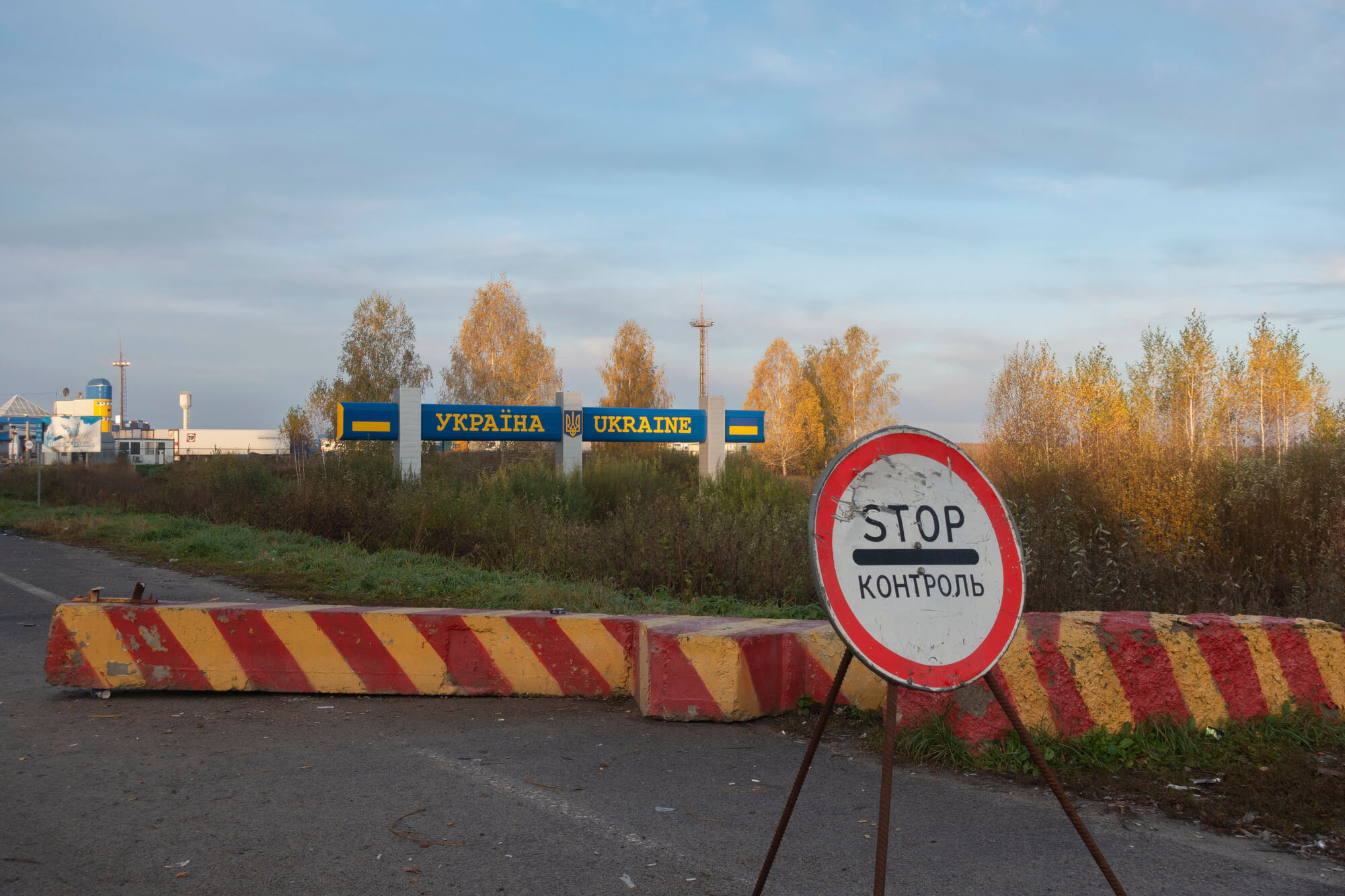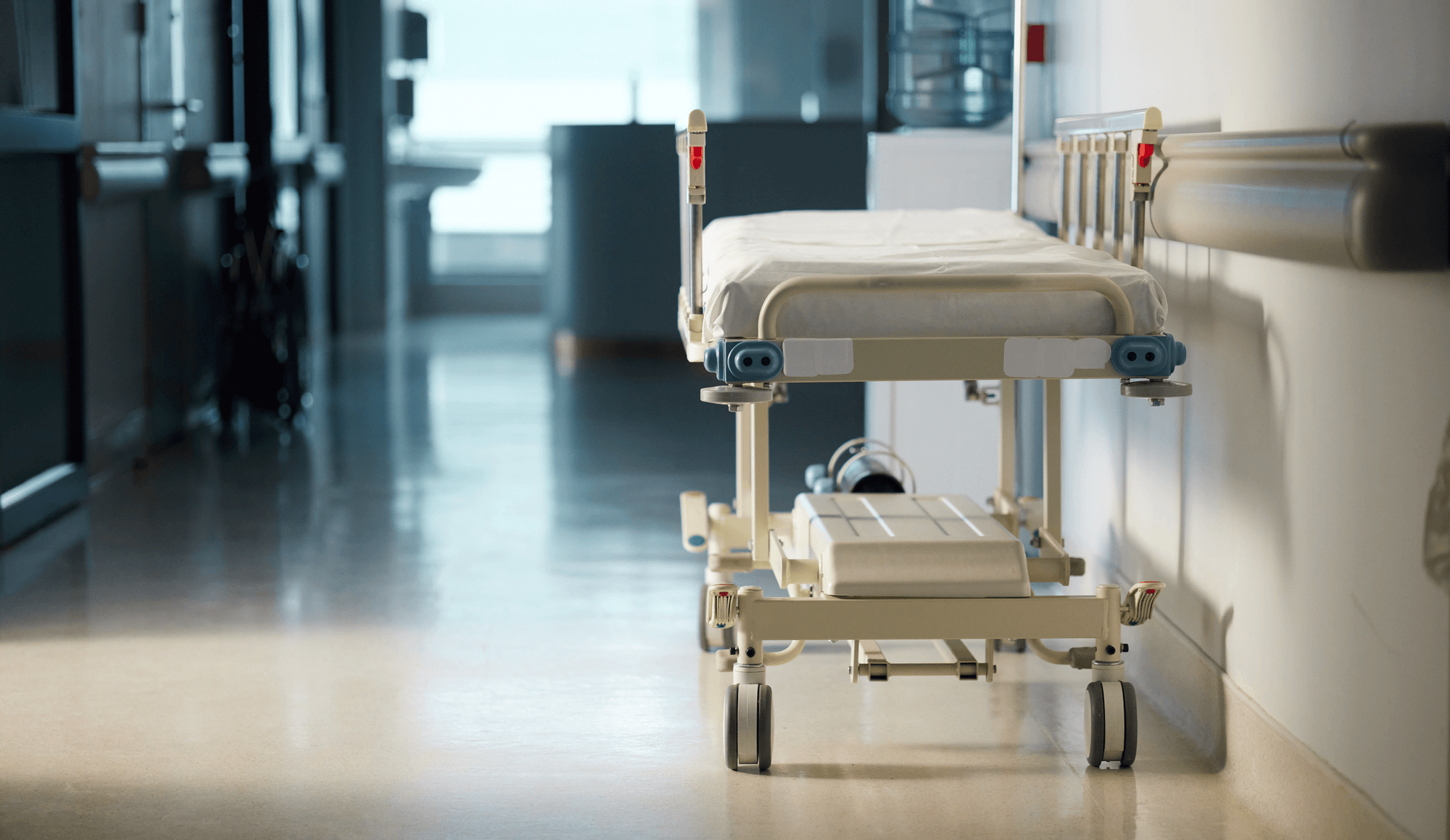Today we find ourselves at the stage when ‘back to normal’ from the pandemics seems within reach. Governments and international organizations claim that return to normalcy hinges upon the scale and speed of vaccination. They call their citizens to show solidarity to ensure that a herd immunity is achieved. However, a substantial number of citizens even in developed countries have vaccine hesitancy.
Together with Tanja Porčnik, Visio Institute, Rahel Zibner, Friedrich Naumann Foundation, Arsen Zhumadilov, State Enterprise Medical Procurement of Ukraine, and Nataliya Gumenyuk, Public Interest Journalism Lab, we have talked about major factors that make people doubtful about vaccination.
Here we present the highlights of the discussion.
Allegedly, there is no other alternative than to intensely roll out vaccination because the effects of the pandemic of Covid-19 on social life and the economy are severe. The elderly and sick people are most at risk. There are also indirect consequences of the pandemic – people lose their jobs and women need to stay at home to take care of children. Thus they either have to quit their jobs or take on additional workload.
However, in the EU, the debate about making the vaccines mandatory is still ongoing because people are not sure that vaccines are 100% safe. So the government and parliaments must communicate clearly on vaccination. Trust in governments’ decisions and actions is the crucial factor for the success of vaccination while citizens should take on their own risk and responsibility for getting a jab.
People’s perception
A number of polls in different countries show that a significant part of people are not ready for vaccination. In December, Ukraine had a national poll conducted by the Kharkiv Institute for Social Research which showed that at least 86% of Ukrainians considered COVID-19 as a real threat. However, just 40% of them were ready to get vaccination.
What are the reasons for that? Half of respondents in Ukraine were concerned about possible side effects, 39% were interested in the results of vaccination against Covid in other countries, 43% were concerned that vaccines were developed very fast, 20% would like to see certificates of vaccines, and a third of Ukrainians believed in various conspiracy theories about the origin of Covid. Specifically, 5% of respondents were afraid of being microchipped during vaccination.
30% of Ukrainians trusted the US-made vaccine more than others, 23% trusted vaccines made in Belgium and the UK, 12% trusted a Russian vaccine, and aChinese one had an even lower level of trust.
What could be the incentives to get people vaccinated? For 34% that would be positive experience of relatives or friends, for 18% — free of charge vaccination; for almost 30% — recommendation of a doctor. Discouraging factors were practically symmetric: for 46% that would be a negative experience of friends or relatives and for 27% — a negative message from a doctor. Thus it is absolutely crucial what family doctors in Ukraine educate people.
Sources of information
The same survey of Ukrainians shows that almost 60% get the information on Covid-19 from TV and just half of them believes this information. 30% get the news from the Internet and even less from social media. At the same time, not that many respondents trust the information they get — one in four respondents, regardless of the age group, do not trust any information source.
Moreover, in Ukraine Ukrainian journalists still get information mainly from the international media and from scientific sources, such as for instance The Lancet journal. There are no specific top journalists who cover healthcare, medical or scientific topics. That is why discussion in the media is heavily politicized — it is led by people who for many years covered politics. To deliver valuable information, Ukrainian journalists need to change their mindset and also to get the knowledge and training on how to report a health care crisis rather than a political crisis.
Who guarantees medical effectiveness and safety of vaccines?
The EU currently has purchased three vaccines — Pfizer-BioNTech, Moderna and AstraZeneca — that have received conditional marketing authorization from the European Medicines Agency (the EMA). This means that they have been evaluated on safety, quality and efficacy. However, their producers still need to report to EMA the results of the trials and safety monitoring. After a year they have to reapply for the conditional marketing authorization. If in three years no major complications or severe side effects are recorded, they will get a definitive marketing authorization. By then the majority of the world population will be vaccinated — and not only in developed countries. There are calls for solidarity so that nobody is left behind and high-income countries are working together on sharing their vaccines or making donations to help low-income countries purchase vaccines on their own.
But what if at least one vaccine turns out to cause severe side effects like Pandermix did? Pandermix was initially authorized under exceptional circumstances (in the same way as COVID vaccines) against ‘bird flu’ (H1N1) in 2006. As a result, 1500 people including 800 children, in Europe alone developed narcolepsy (a sleep disorder) after receiving this vaccine. So, vaccination should be a default option only if its benefits outweigh the risks. But who is able to give such a guarantee about any of COVID vaccines? Who will be liable if something goes wrong in the future?
Liability for short- and long-term effects of vaccination
in the European Union
If a vaccine is given conditional marketing authorization by the EMA, liability rests solely with pharmaceutical companies. A year after authorization, until the next review, the pharmaceutical company bears the entire liability unless it decides to pull the vaccine out of the market.
However, there is another mechanism used by some EU countries. They can provide emergency authorization to a vaccine that hasn’t yet had positive feedback from the EMA. In this case, liability is strictly with that EU Member State, and no other state can use that vaccine.
After the European Medicines Agency provides a permanent marketing authorization to a vaccine, any EU member state may use that vaccine on its own market.
in Ukraine
In Ukraine, there is a system of pharmacovigilance. This system ensures recording of all cases of side effects when medicines registered in Ukraine are used. So if there is an issue with the product, it can be traced. Then controlling agencies such as the State Service of Ukraine on Medicines and Drugs Control will then check who was liable. Was there a breach of the temperature regime during transportation of vaccines? Or is it the poor quality of the vaccine itself? There should also be the laboratory control of every vaccine brought to Ukraine.. If transportation, storage and distribution of vaccines were done properly and there are still abnormal side effects, then there is a big question to the producer. But before asking this question, the due diligence needs to be made.
In December 2020, Ukraine signed a preferential contract on the delivery of the Sinovac Biotech Ltd. vaccine in terms of the liabilities that are put on the supplier side. If they fail to deliver the product on time, they will pay a fine. Or if they fail to prove that the efficacy of the vaccine exceeds 70% (which is not the case globally), Ukraine has the right not to accept the vaccine and return the money that had been paid. The contract was published in Ukraine’s online procurement system Prozorro and is available publicly to everyone. Usually pharma companies make sure that the contract terms are more favorable for them.
To conclude, vaccines which are now administered both in the EU and in Ukraine are not yet approved definitively by respective medical authorities and are marketed due to medical emergency provisions. Yet, the quality control and liability mechanisms employed are different in the EU and Ukraine. For the time being, a decision whether to take a risk of being vaccinated still rests with citizens, however there is a growing societal pressure to be inoculated either because of solidarity or because of looming restrictions and limitations which those who opt out will have to face.
Attention
The authors do not work for, consult to, own shares in or receive funding from any company or organization that would benefit from this article, and have no relevant affiliations



